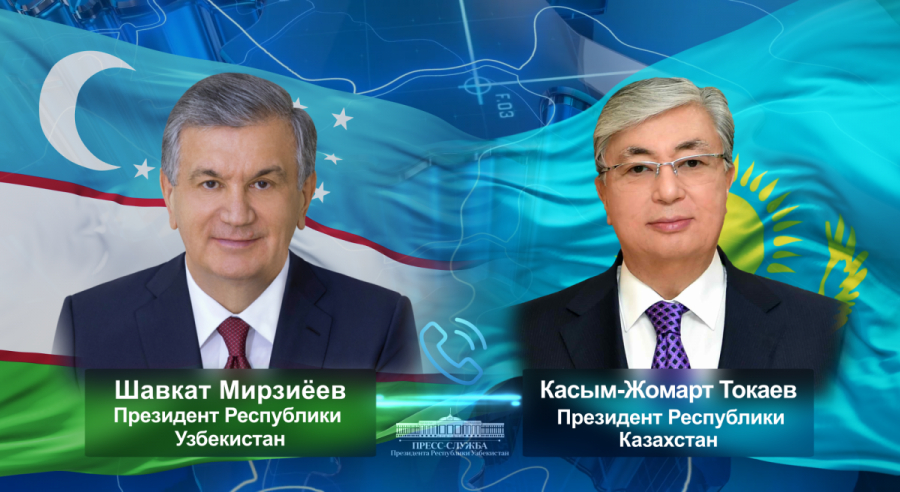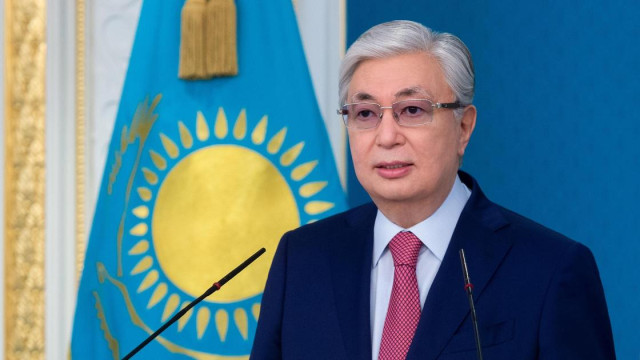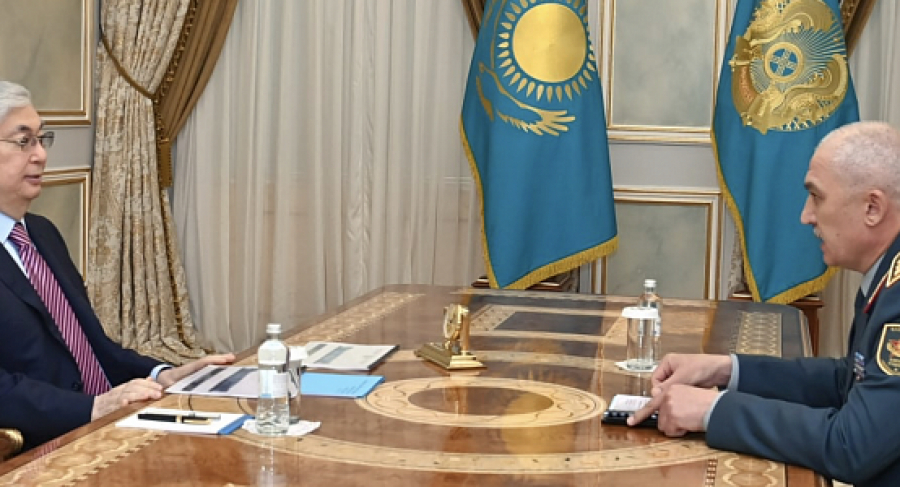
The global supply chain and modern trade require innovation.
In order to regulate trade exchanges, Central Asian and Caucasus countries are exchanging
best practices in customs risk management at a meeting in Astana. One of the
key factors in optimizing foreign trade procedures is the training of qualified
specialists. The World Customs Organization (WCO) and the Japan International
Cooperation Agency (JICA) have developed a special training program.
«The importance of the Master Trainer Program is to further
facilitate trade and security in this region. As you know, the importance of
Central Asia especially in the context of Middle Corridor or Trans-Caspian Route
has been growing. So, the risk management is a key to find out suspicious goods
while facilitating trade of estimated goods. Risk management is a subject that
all customs officers have to learn,» said Motohiro Fujimitsu, manager of the WCO/JICA
joint project.
Therefore, as part of the program, the participants will
focus on studying the risk management system and customs release time. The
importance of attracting investments to implement digital systems in the
industry will also be discussed. There is much to learn from Kazakh specialists
in this area.
«We have a very high level of digitization in
the customs sector. Numerous new projects are being implemented. X-ray machines
are installed at each customs post, through which we teach how to properly
analyze images. Training is available not only for customs officers but also
for border control personnel,» noted Lyazzat Kassymkulova, spokesperson for the
State Revenue Committee of the Kazakh Finance Ministry.









